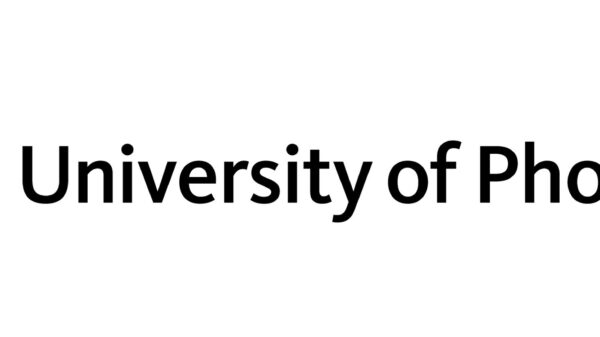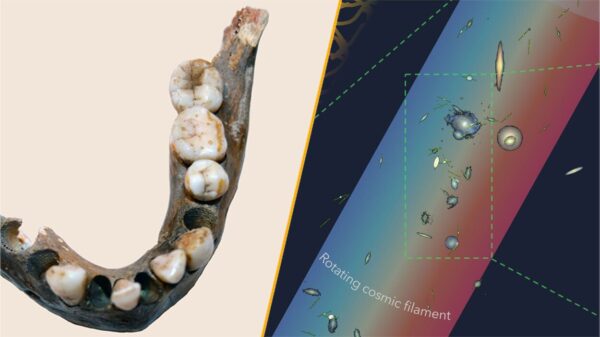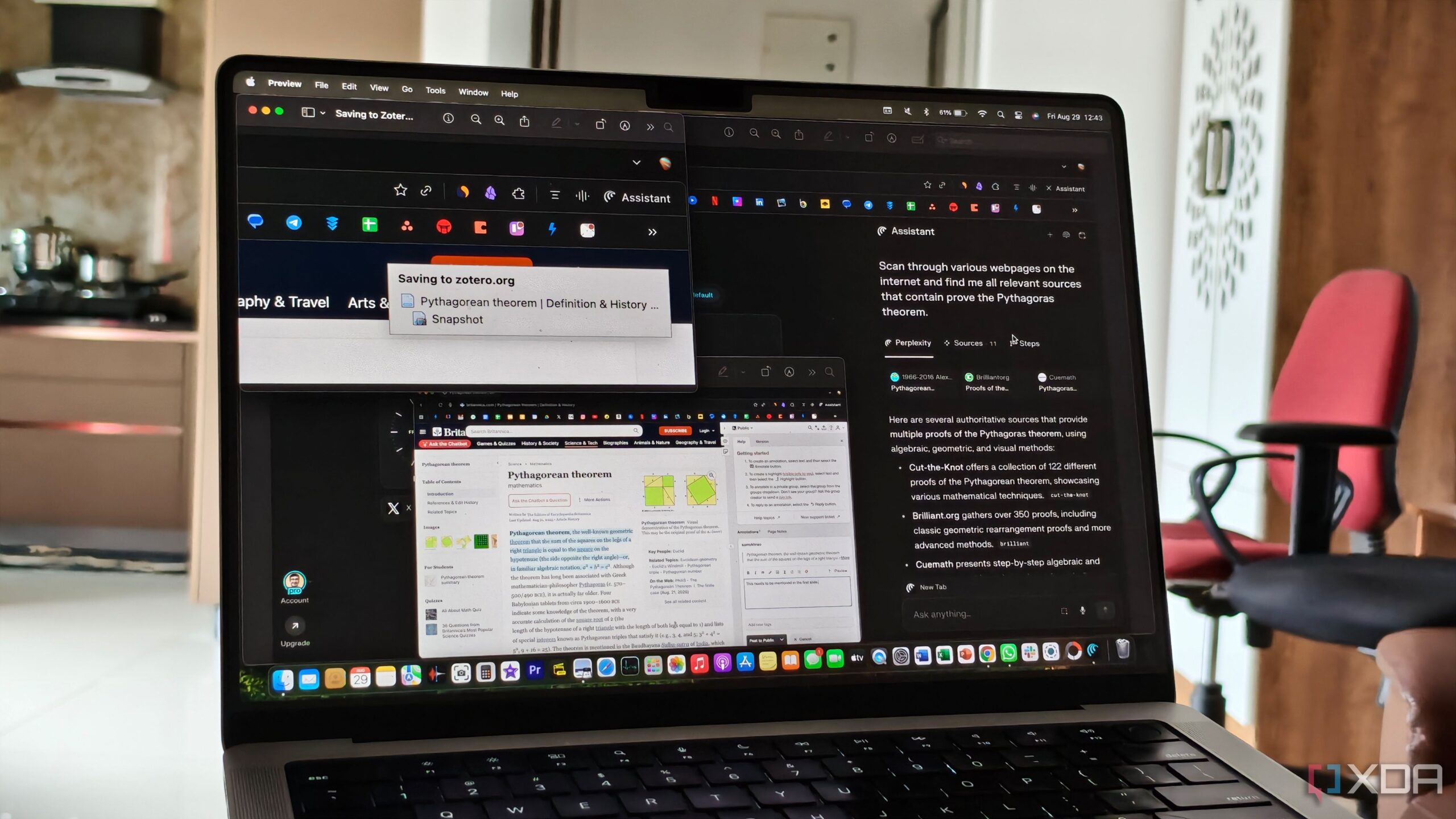Conducting thorough research is a vital skill for students and professionals alike. Whether for academic assignments or workplace projects, the need for accurate information and efficient organization is paramount. Recognizing this necessity, an individual recently developed a comprehensive research stack that consolidates various tools and extensions into a single, efficient framework. This transformation aims to enhance productivity and streamline the research process.
Discovering the Need for a Centralized Research Hub
The journey began when the creator found themselves struggling to locate a source during a recent research endeavor. Despite meticulously combing through their browser history, the exact link remained elusive. This experience prompted the decision to establish a centralized repository for all research materials, eliminating the chaos of scattered information across multiple platforms.
The new research stack integrates several well-known tools that not only assist in gathering data but also allow for interactive inquiries, resulting in concise and relevant information. By bringing everything together, the revamped workflow saves significant time and improves overall efficiency.
The Tools Behind the Research Stack
One standout component of this research stack is the Comet browser from Perplexity. While initial impressions were mixed, particularly regarding its AI features, one specific capability stood out: Agentic AI. This feature allows users to delegate browsing tasks to AI, enabling it to search for specific information, scrape data from relevant websites, and gather images for presentations. Such functionality significantly reduces the time spent on research tasks, making Comet an appealing option for dedicated research sessions.
For managing and organizing sources, Zotero proves invaluable. Upon downloading the application, users can add the Zotero Connector extension to their browser. This enables the creation of topic-specific folders, allowing users to save important research papers and web pages effortlessly. Zotero’s integration with Microsoft Word and Google Docs facilitates seamless citation management, saving users the hassle of manual entries.
The note-taking and project management tool Notion plays a crucial role in this research stack as well. Known for its versatility, Notion allows users to create knowledge bases and store research materials in a highly shareable format. The Notion Web Clipper extension enables the addition of entire web pages to Notion documents, making it an ideal solution for research compilation. Pairing Notion with the Hypothesis Chrome extension further enhances collaboration, allowing teams to annotate and comment on shared research materials.
Another innovative tool is NotebookLM, which utilizes AI to provide actionable data insights. By pasting links and sources into NotebookLM, users can receive summaries, extract relevant information, and even identify flaws in their research. This capability transforms NotebookLM into a valuable research assistant, capable of answering questions and generating insights on demand, all at no cost.
The combination of these tools creates a robust framework for research. Notion’s nested folders help organize information by project, while Zotero manages citations effectively. NotebookLM adds an AI-driven layer, allowing users to interact with their research in a meaningful way.
In conclusion, the development of this research stack reflects a growing need among students and professionals for an organized and efficient approach to research. By incorporating tools like Comet, Zotero, Notion, Hypothesis, and NotebookLM, users can create a streamlined process that not only enhances productivity but also fosters collaboration. As the landscape of research continues to evolve, having a reliable set of tools is essential for success in any field.





































































